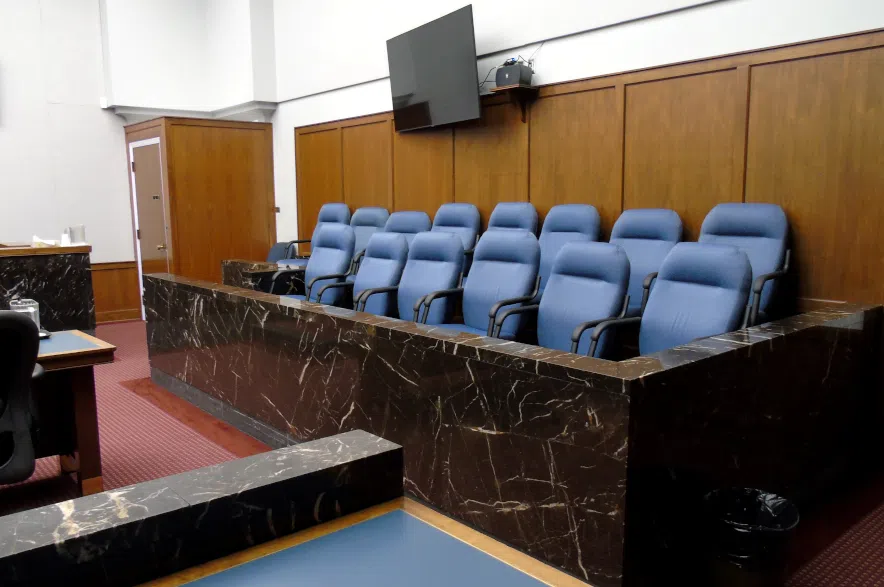For the first several hours of the day, Justice Catherine Dawson read out the charge to the jury. This was an explanation of the legal issues in the case and how the jury should consider them, as well as going over the evidence and how the issues and evidence relate.
The charge took about five hours to read out, spanning close to 200 pages.
Read more:
- ‘So much blood’: Partygoers near Misha Pavelick recall the fights before he died
- ‘He said he couldn’t breathe’: Misha Pavelick’s ex-girlfriend testifies at murder trial
- Very pale: A last memory of Misha Pavelick at the trial for his murder
In her charge, Dawson gave what’s known as a Vetrovec caution for five of the witnesses. These witnesses were part of the attack on Misha and the caution involves how the jury should take their evidence.
The Justice said these people may have a reason to minimize the appearance of their involvement in what happened and could have a motive for a particular result from the trial. She encouraged the jury to try to find supporting evidence for any evidence from these witnesses that the jury relies on against the accused.
In her instructions, Dawson also explained the possible verdicts the jury could come to. They include not guilty in full, or guilty of second-degree murder, which is what the accused is charged with. Second-degree murder requires an intent to kill the person.
Manslaughter is an included offence under second-degree murder, and the jury could find the accused guilty of manslaughter in two possible ways.
First, they could find that the accused did stab Misha, but didn’t intend to kill him.
Dawson also explained the jury could come to a verdict of guilt for manslaughter if they didn’t find the accused stabbed Misha, but that he did participate in the attack on Misha that led to his death.
She also told the jury, a guilty verdict on manslaughter wouldn’t require them to come to it through the same path.
Misha Pavelick, 19, was killed at a grad party at Kinookimaw Campground in 2006. Court heard it was a single stab wound to the chest which took Misha’s life.
The Crown has argued that the accused was with a group of uninvited people who went to the party that night on the May long weekend, and several of the boys ended up in a fight with Misha.
None of the witnesses testified that they saw the accused stab Misha, but the Crown lawyer argued that he was the only one among those boys who had the means and opportunity. He also pointed to witnesses who said the accused had been amped up, but began acting upset and angry once he heard someone had died in the fight.
The defence disputed much of the evidence against the accused, calling into question witnesses’ memory, and putting forward alternate theories for suspects, arguing to the jury that, between the chaos of that night and the time that has passed, there was too much doubt for a guilty verdict.











